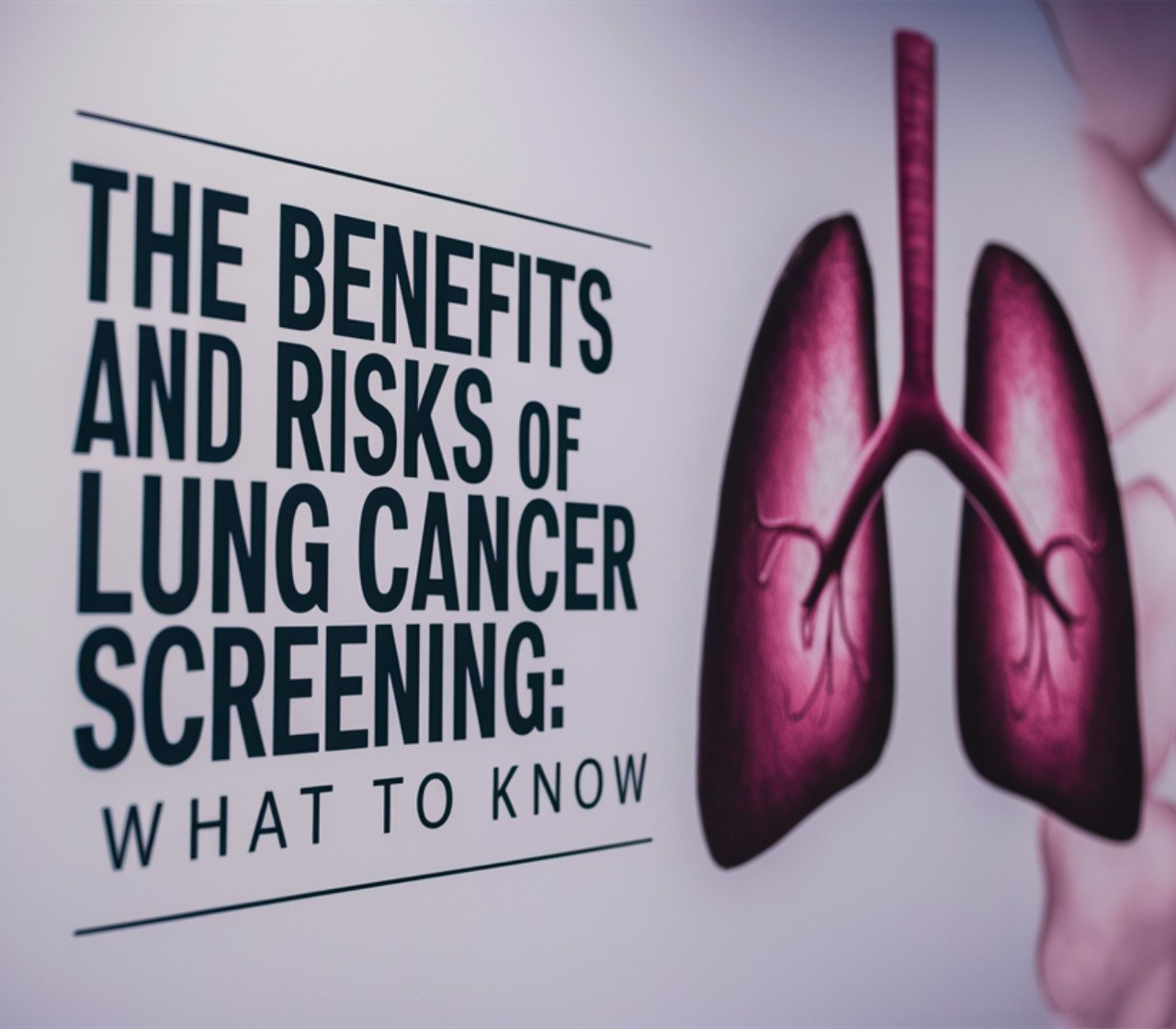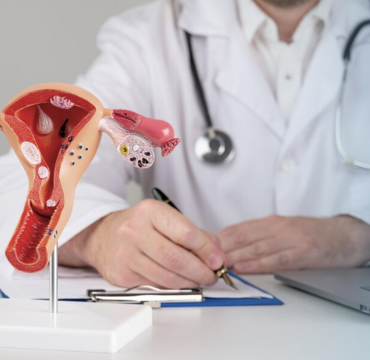
Lung cancer screening has become a critical tool in early detection, offering patients a better chance of successful treatment. In this article, we explore the benefits and risks associated with lung cancer screening, with a particular focus on Low-Dose Computed Tomography (LDCT). As the best cancer doctor in central Delhi, Dr. Rajinder Kaur Saggu provides expert insights into this vital preventive measure.
Benefits of Lung Cancer Screening
1. Early Detection and Improved Survival Rates
Lung cancer screening, particularly with LDCT, is highly effective in detecting even the smallest nodules in the lungs. This early detection allows for diagnosing lung cancer at its earliest, most treatable stage, significantly improving survival rates.
2. Noninvasive and Painless Procedure
CT scanning, including LDCT, is a noninvasive and painless procedure. Unlike other imaging techniques, LDCT does not require contrast material, making it a safer option for patients who may have allergies or other contraindications.
3. Minimal Radiation Exposure
One of the key advantages of LDCT is its use of up to 90 percent less ionizing radiation compared to conventional chest CT scans. This reduction minimizes the risk of radiation exposure while still providing high-quality images to detect abnormalities.
4. Reduction in Lung Cancer Mortality
Studies have shown that lung cancer screening with LDCT can reduce the number of deaths from lung cancer in high-risk patients. When cancer is found through screening, it is often at an early stage, allowing for minimally invasive surgery and less lung tissue removal.
Risks of Lung Cancer Screening
1. False Positive and False Negative Results
Lung cancer screening can sometimes yield false positive results, indicating the presence of cancer when there is none. This may lead to additional tests, such as further CT exams or invasive procedures like lung biopsies, which carry risks and can cause anxiety. Conversely, false negative results may occur, leading individuals to delay seeking necessary medical care.
2. Overdiagnosis and Unnecessary Treatment
Screening may detect cancers that would not have caused harm during a person's lifetime. This overdiagnosis can lead to unnecessary treatments, complications, and financial burdens.
3. Limited Insurance Coverage
It is important to note that health insurance companies and Medicare often only cover the cost of LDCT scans for lung cancer screening in patients who meet specific criteria. This limitation may affect access to screening for some individuals.
4. Theoretical Risk from Radiation Exposure
While LDCT uses low-dose radiation, there is a theoretical small risk of cancer from exposure. However, the benefits of early detection often outweigh this risk, especially in high-risk individuals.
Frequently Asked Questions (FAQs)
1. Who should consider lung cancer screening?
Lung cancer screening is recommended for high-risk individuals, such as those aged 55-80 with a significant smoking history. It's essential to consult with the best cancer doctor in central Delhi to determine eligibility and potential benefits.
2. How often should one undergo lung cancer screening?
Typically, annual screening is advised for high-risk individuals. However, the frequency may vary based on individual health factors and the advice of a healthcare professional.
3. What should I expect during an LDCT scan?
The LDCT scan is quick, usually taking only a few minutes. Patients lie on a table, and the scanner takes multiple images of the chest. The procedure is painless and does not require any special preparation.
4. Can LDCT detect other lung conditions?
Yes, LDCT can also identify other lung conditions, such as emphysema or pulmonary fibrosis. However, its primary use is for detecting lung cancer in high-risk individuals.
5. What are the qualifications for the best cancer doctor in central Delhi?
The best cancer doctor in central Delhi, like Dr. Rajinder Kaur Saggu, is characterized by extensive experience, a proven track record in cancer treatment, and a compassionate approach to patient care. Consulting such a specialist ensures access to expert guidance and advanced treatment options.
Conclusion
Lung cancer screening, especially with LDCT, offers significant benefits in early detection and improved survival rates. However, it's crucial to weigh these benefits against the potential risks, such as false positives and overdiagnosis. As the best cancer doctor in central Delhi, Dr. Rajinder Kaur Saggu emphasizes the importance of consulting with healthcare professionals to make informed decisions about lung cancer screening. By understanding both the benefits and risks, patients can take proactive steps toward their health and well-being.







.png)
